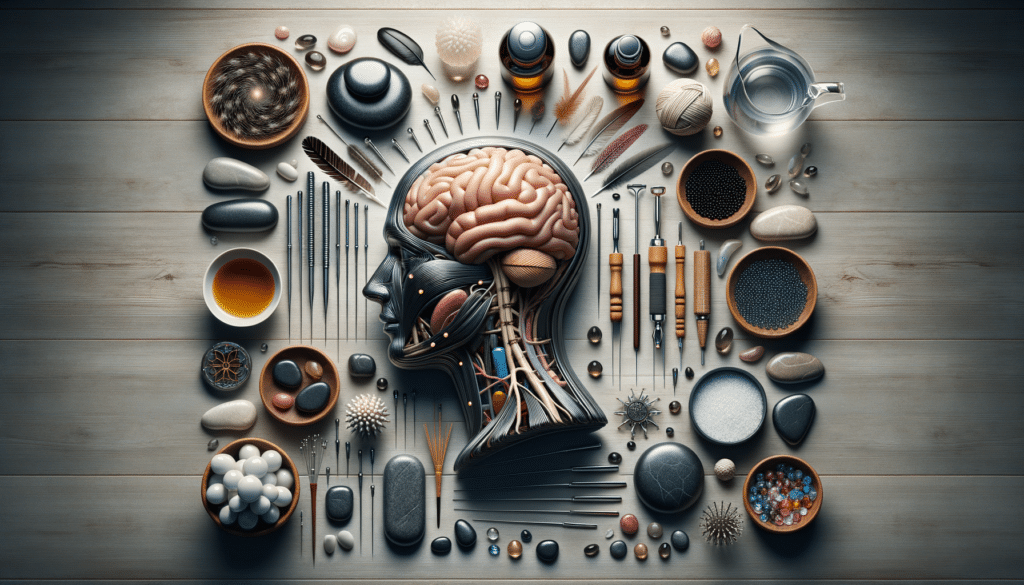The Importance of Detoxification in Substance Abuse Recovery
Detoxification, often referred to as detox, is the process of allowing the body to rid itself of a drug while managing the symptoms of withdrawal. The importance of detoxification in substance abuse recovery cannot be overstated, as it serves as the foundational step in the treatment process. It is crucial for several reasons:
- Medical Safety: Detox is essential for the safe management of withdrawal symptoms, which can range from mild to severe, depending on the substance and duration of use. Without medical supervision, withdrawal can lead to life-threatening complications.
- Psychological Support: Detox is not only a physical process but also a psychological one. Emotional and mental health support during detox can significantly improve outcomes and prepare individuals for the next stages of recovery.
- Prevention of Relapse: By addressing withdrawal symptoms and cravings, detox helps to reduce the risk of relapse during the early stages of recovery.
- Foundation for Further Treatment: Successful detoxification prepares the individual for further treatment, such as therapy and counseling, which are crucial for long-term recovery.
Overall, detoxification is a critical component of a comprehensive treatment plan for substance abuse, setting the stage for a healthier, substance-free life.
Methods and Approaches to Detox Treatment
There are several methods and approaches to detox treatment, each tailored to meet the specific needs of the individual. The choice of method often depends on the type of substance, the severity of addiction, and the individual’s overall health. Here are some common approaches:
- Medically Supervised Detox: This approach involves the use of medications to manage withdrawal symptoms and ensure the safety of the individual. It is commonly used for substances like alcohol, opioids, and benzodiazepines.
- Holistic Detox: This method focuses on treating the whole person, incorporating practices such as nutrition, exercise, and meditation to support the detox process.
- Rapid Detox: A quicker method that uses anesthesia and medication to accelerate the detox process. It is controversial due to potential risks and is typically used in specific cases.
- Outpatient Detox: Suitable for individuals with mild to moderate addiction, this approach allows the person to detox at home while receiving regular medical supervision.
Each method has its own merits and potential drawbacks, and the choice should be made in consultation with healthcare professionals.
Challenges and Considerations in Detox Treatment
Detox treatment is not without its challenges and considerations. Understanding these can help individuals and their families prepare for the process:
- Withdrawal Symptoms: These can be both physical and psychological, ranging from nausea and headaches to anxiety and depression. Proper management is essential.
- Duration of Detox: The length of detox varies depending on the substance and individual factors. It can range from a few days to several weeks.
- Risk of Relapse: The period immediately following detox is critical, as individuals are vulnerable to relapse. Continued support and treatment are vital.
- Emotional and Psychological Impact: Detox can be an emotionally challenging time, requiring strong support systems and mental health care.
Addressing these challenges is key to a successful detox and subsequent recovery journey.
The Role of Support Systems in Detox Treatment
Support systems play a vital role in the success of detox treatment. They provide the encouragement and assistance needed to navigate the difficult phases of withdrawal and recovery:
- Family and Friends: Loved ones can offer emotional support, help with practical needs, and encourage the individual to stay committed to their recovery goals.
- Healthcare Professionals: Doctors, nurses, and therapists provide medical care, monitor progress, and adjust treatment plans as needed.
- Support Groups: Groups like Alcoholics Anonymous or Narcotics Anonymous offer community support and shared experiences, which can be incredibly motivating.
- Aftercare Programs: These programs provide ongoing support and resources to help individuals maintain sobriety and prevent relapse.
Building a strong support network is essential for overcoming the challenges of detox and achieving long-term recovery.
Future Perspectives in Detox Treatment
The field of detox treatment is continually evolving, with new research and innovations shaping the future of addiction recovery. Some emerging trends include:
- Personalized Medicine: Advances in genetics and personalized medicine are allowing for more tailored detox plans that cater to an individual’s unique biological makeup.
- Telehealth Services: The rise of telehealth has made it easier for individuals to access detox support remotely, increasing accessibility and convenience.
- Integrative Approaches: Combining traditional medical treatments with alternative therapies such as acupuncture and yoga is gaining popularity.
- Focus on Mental Health: There is a growing recognition of the importance of addressing co-occurring mental health disorders alongside addiction treatment.
These innovations hold promise for improving the effectiveness and accessibility of detox treatment, offering hope to those seeking recovery.





